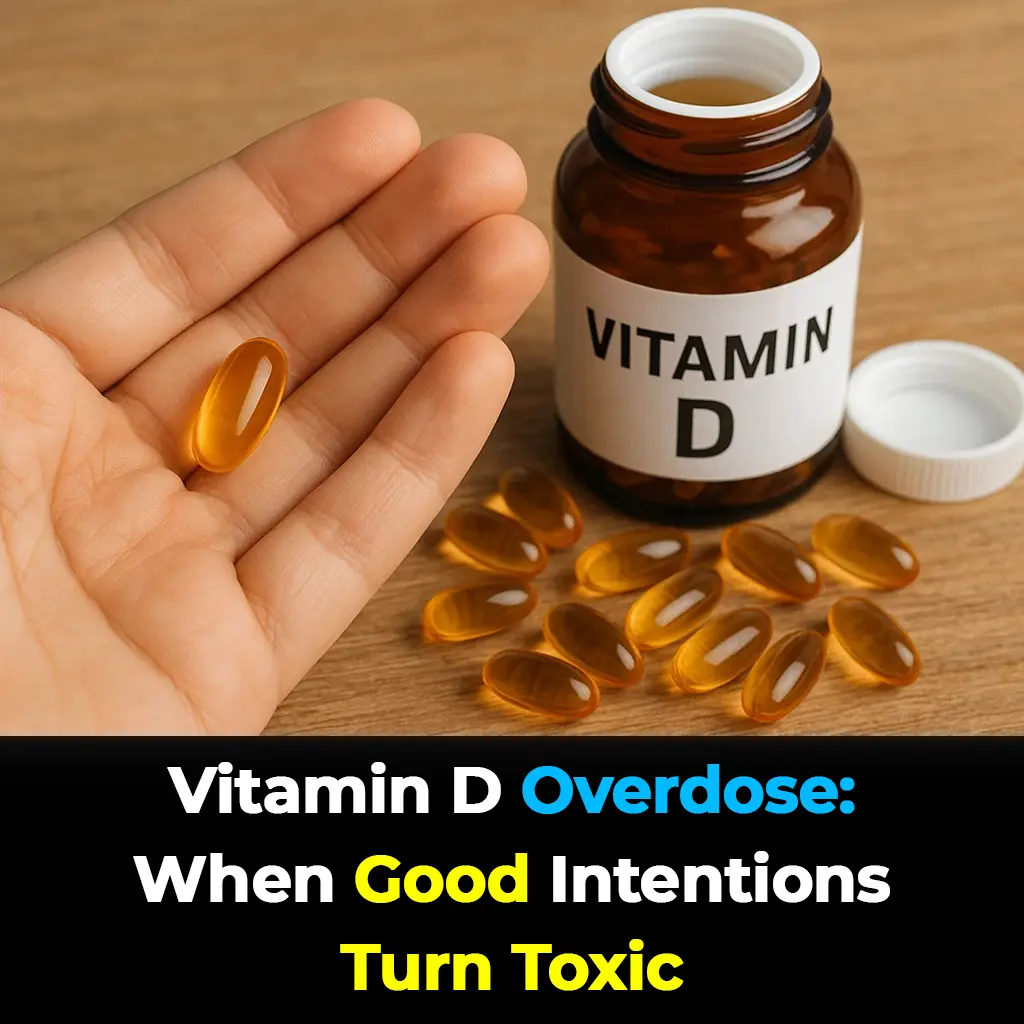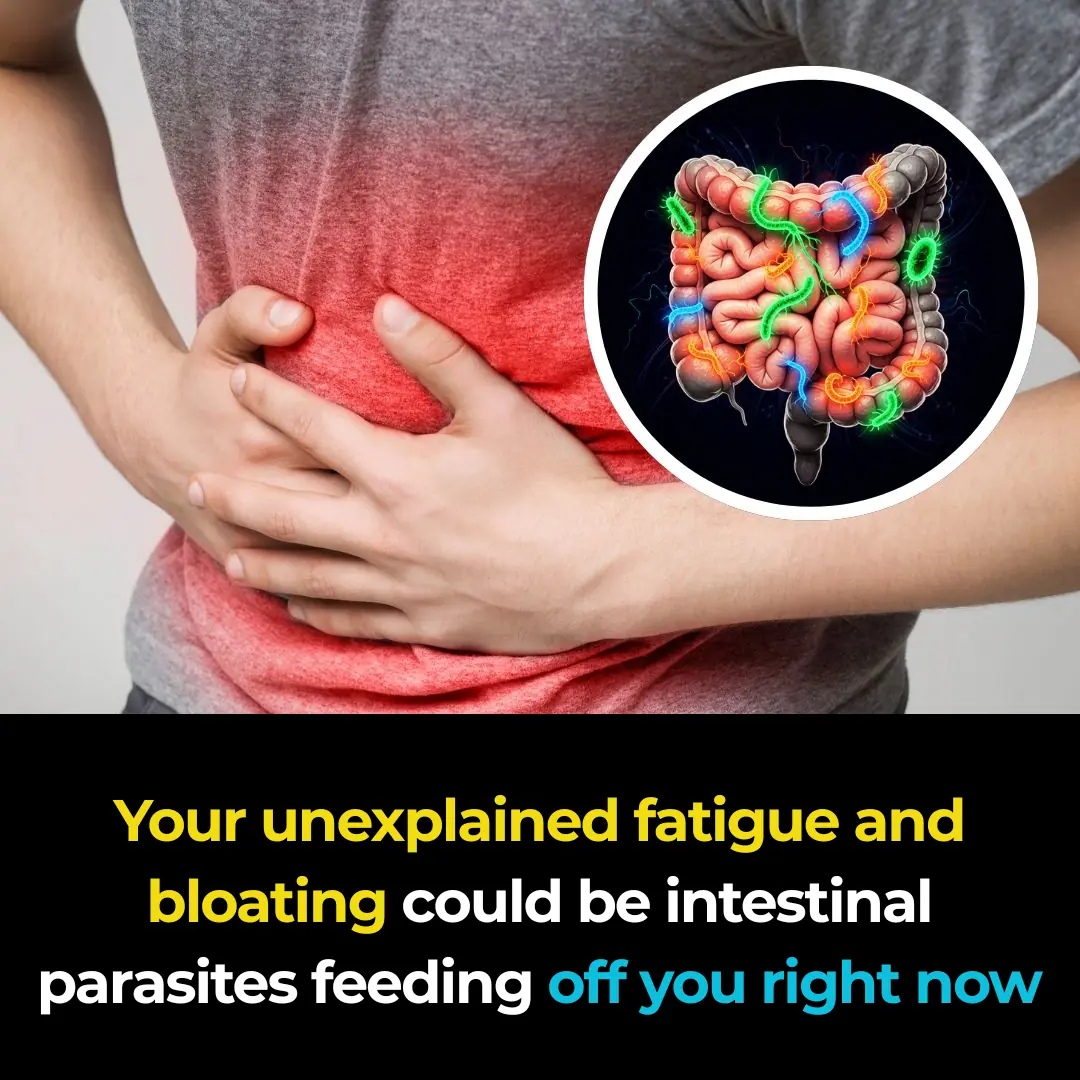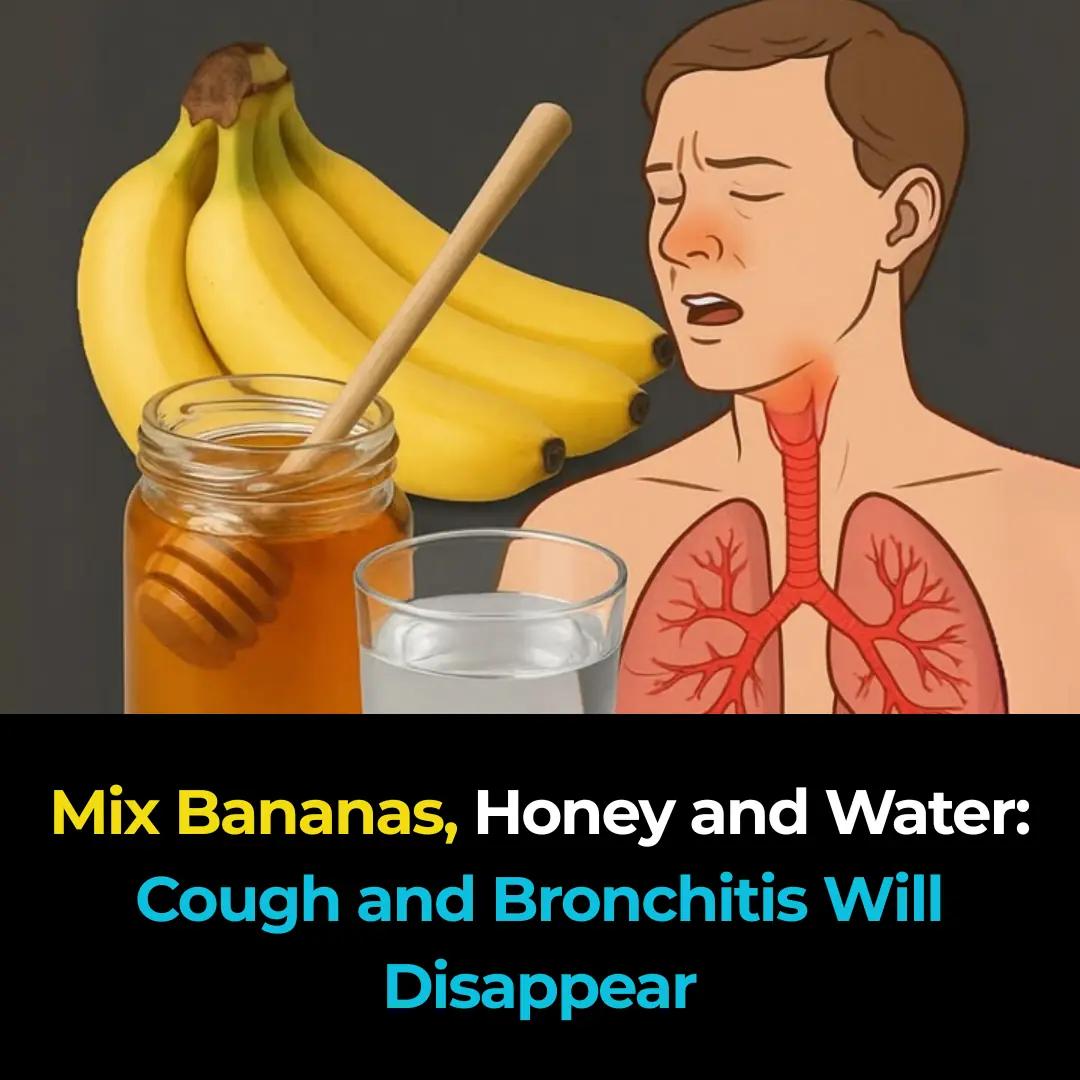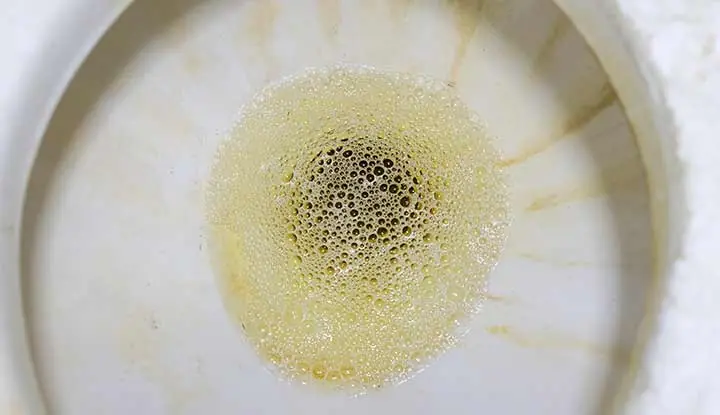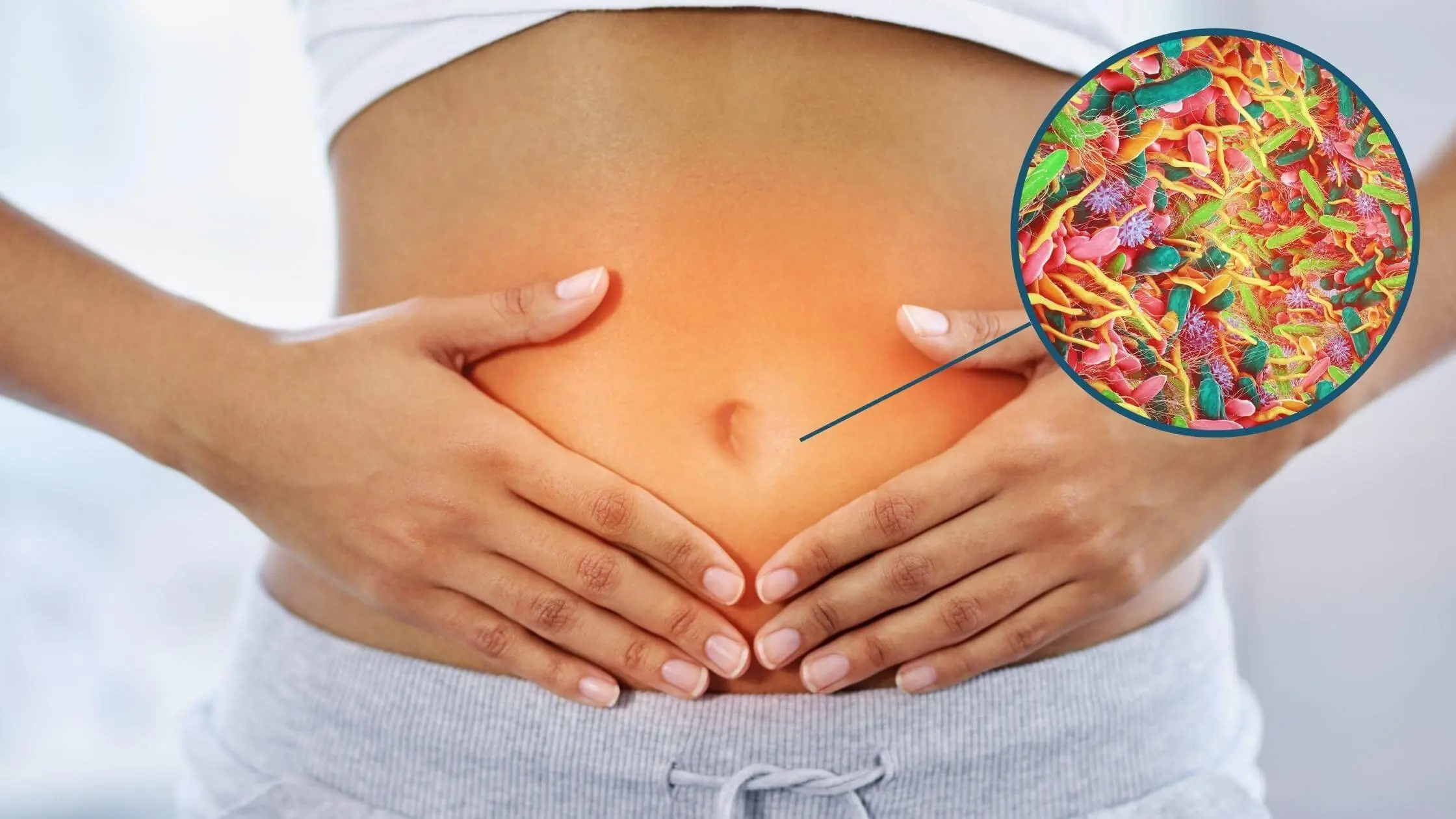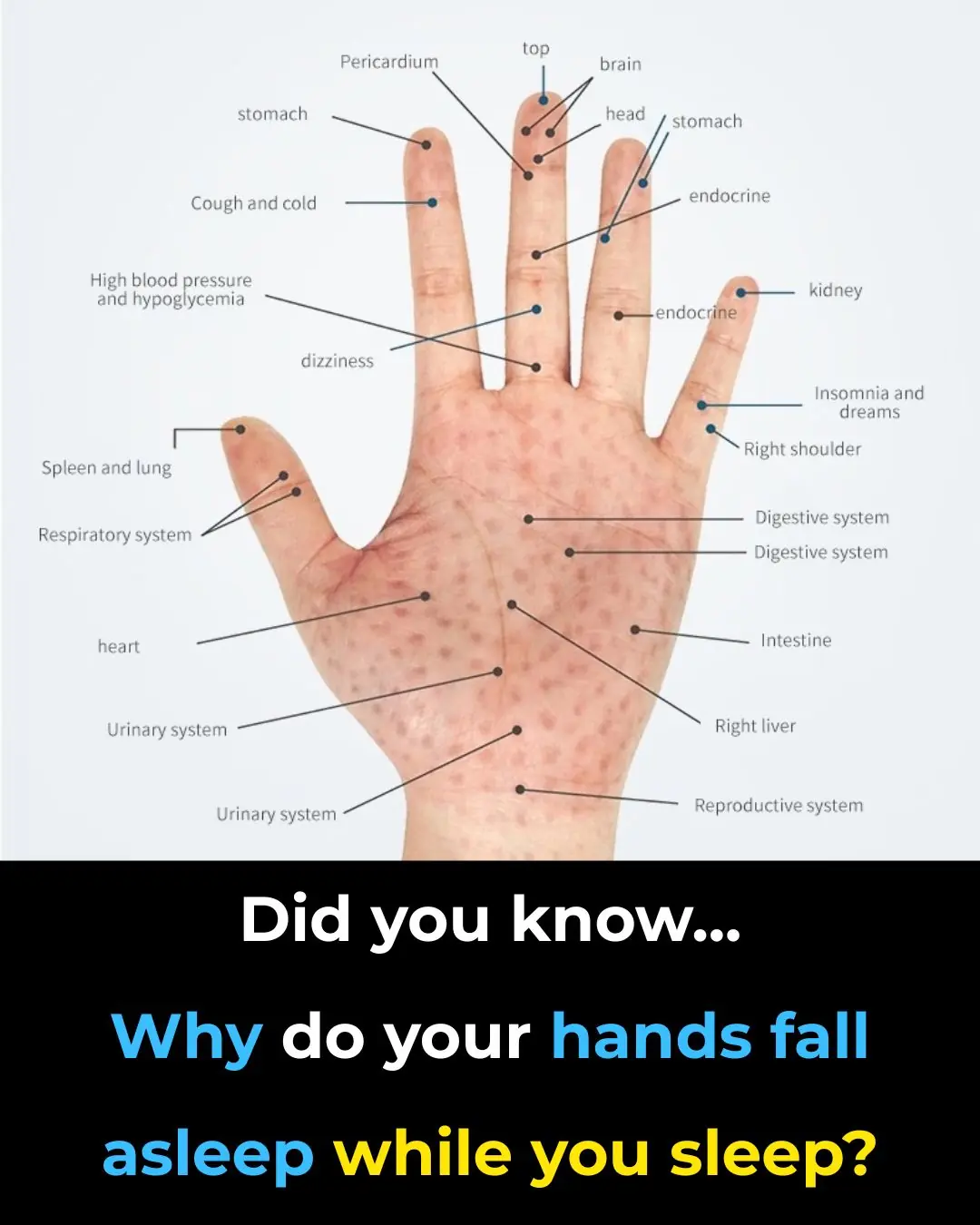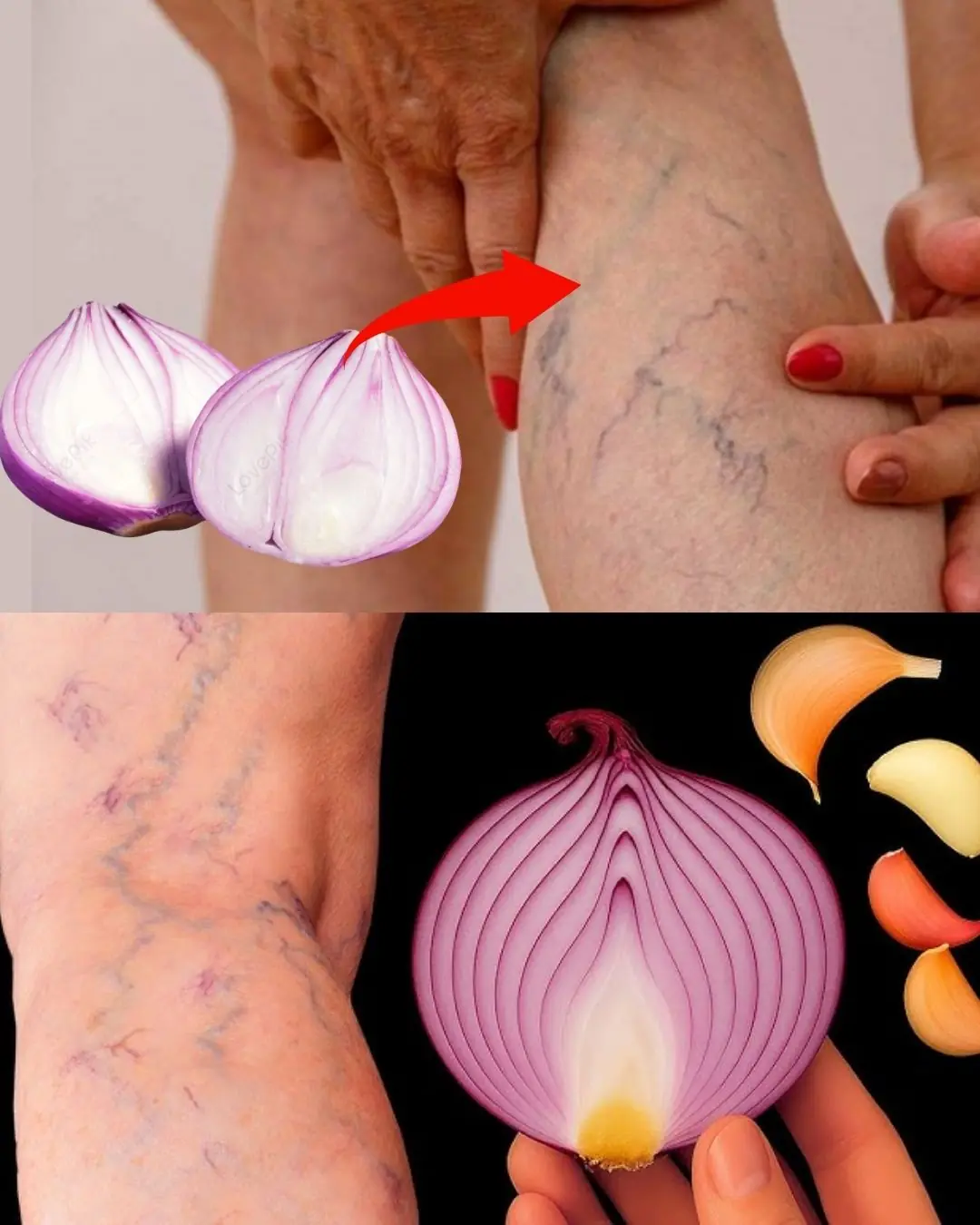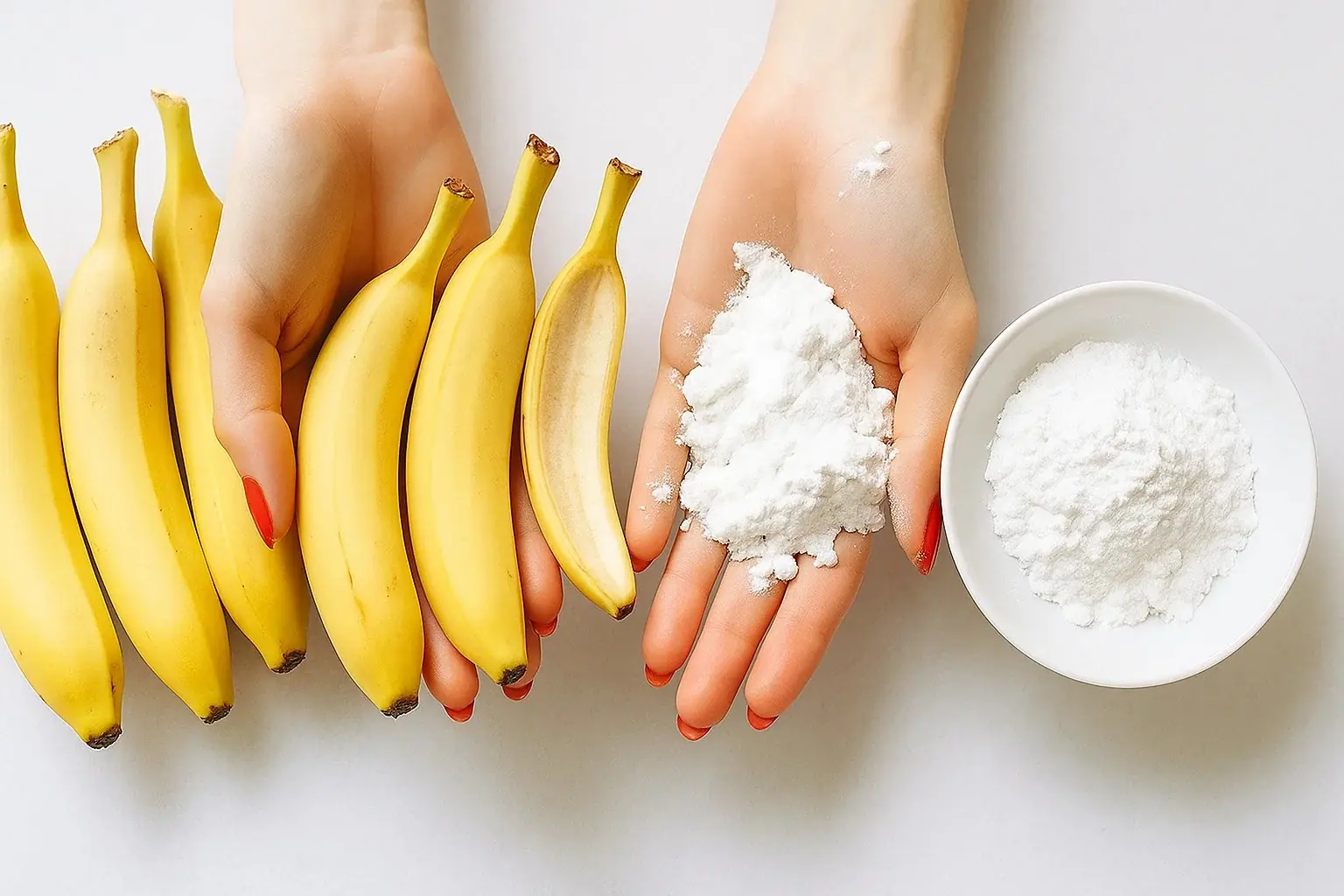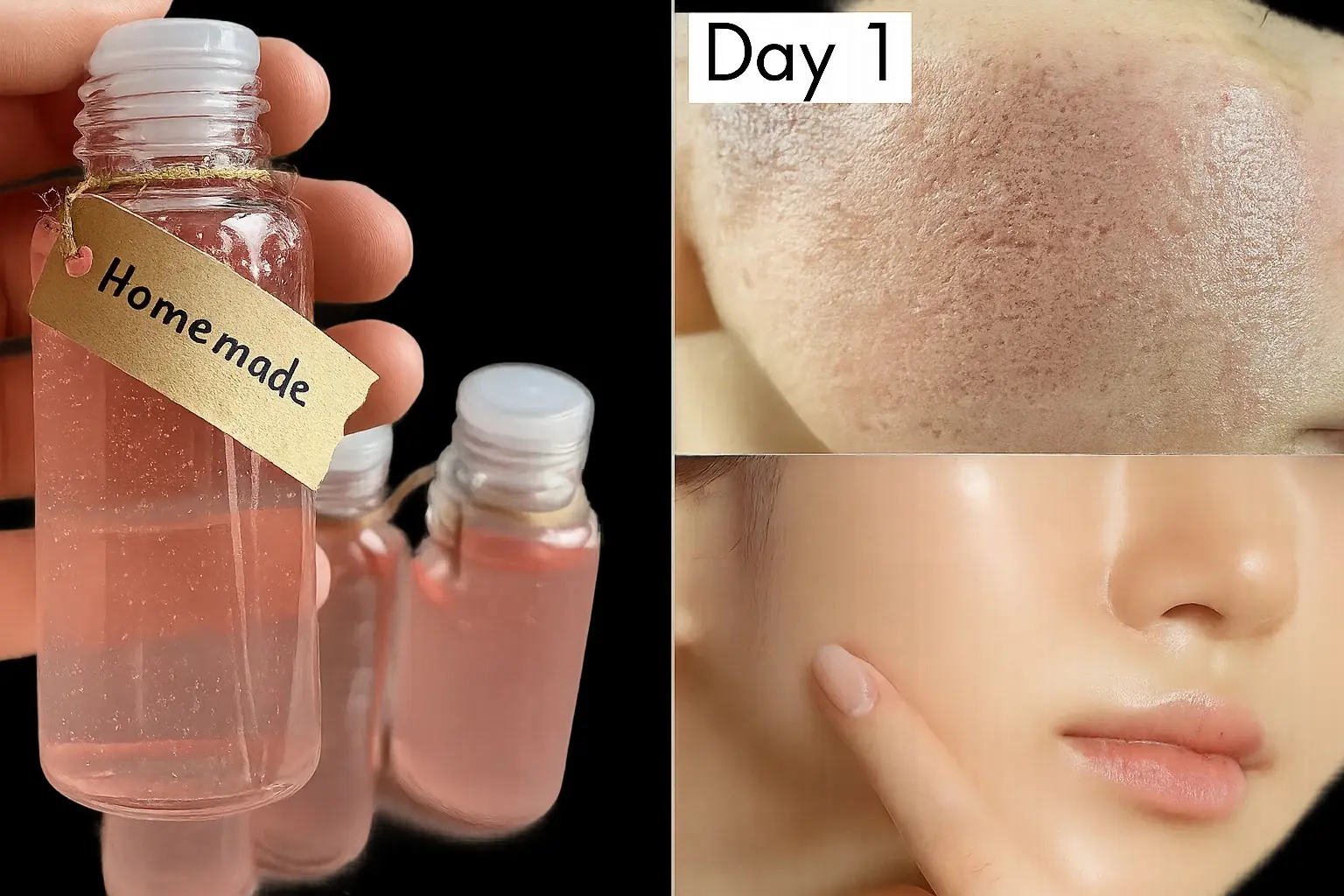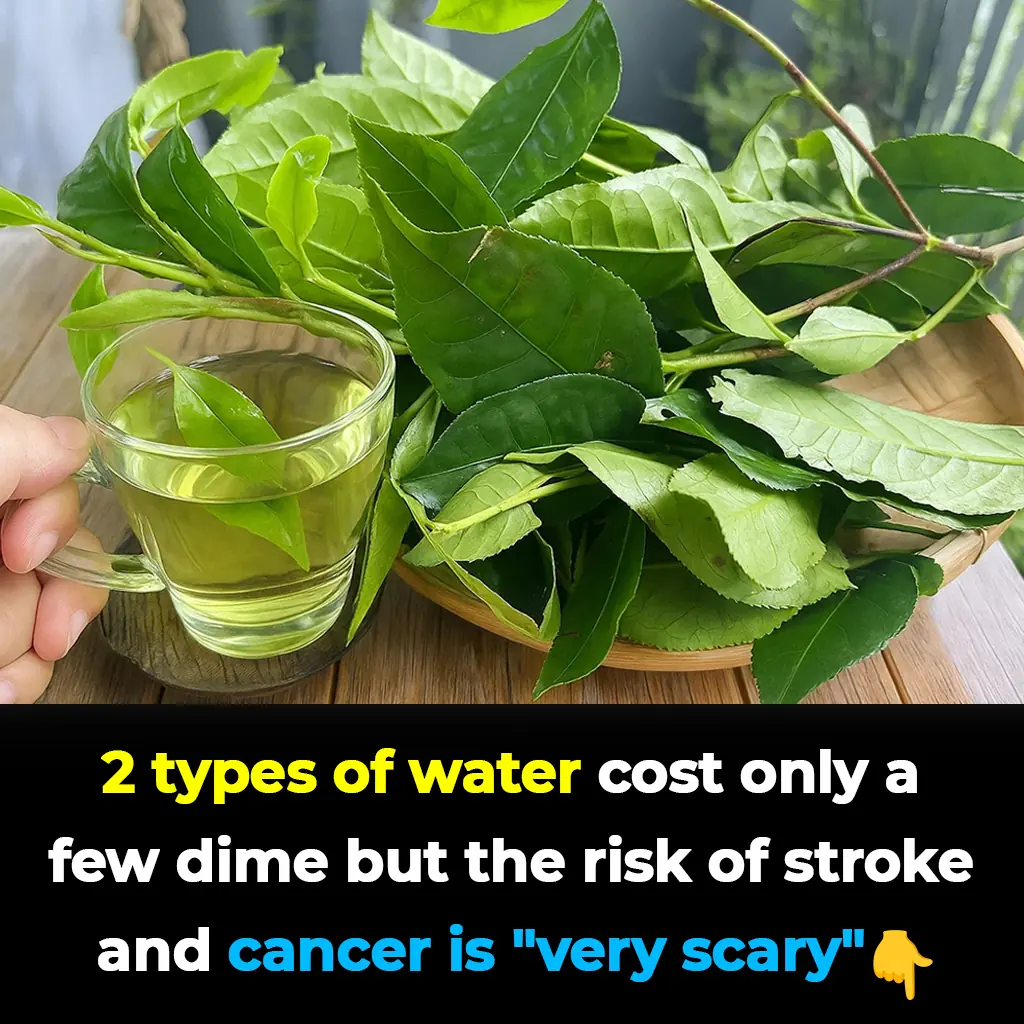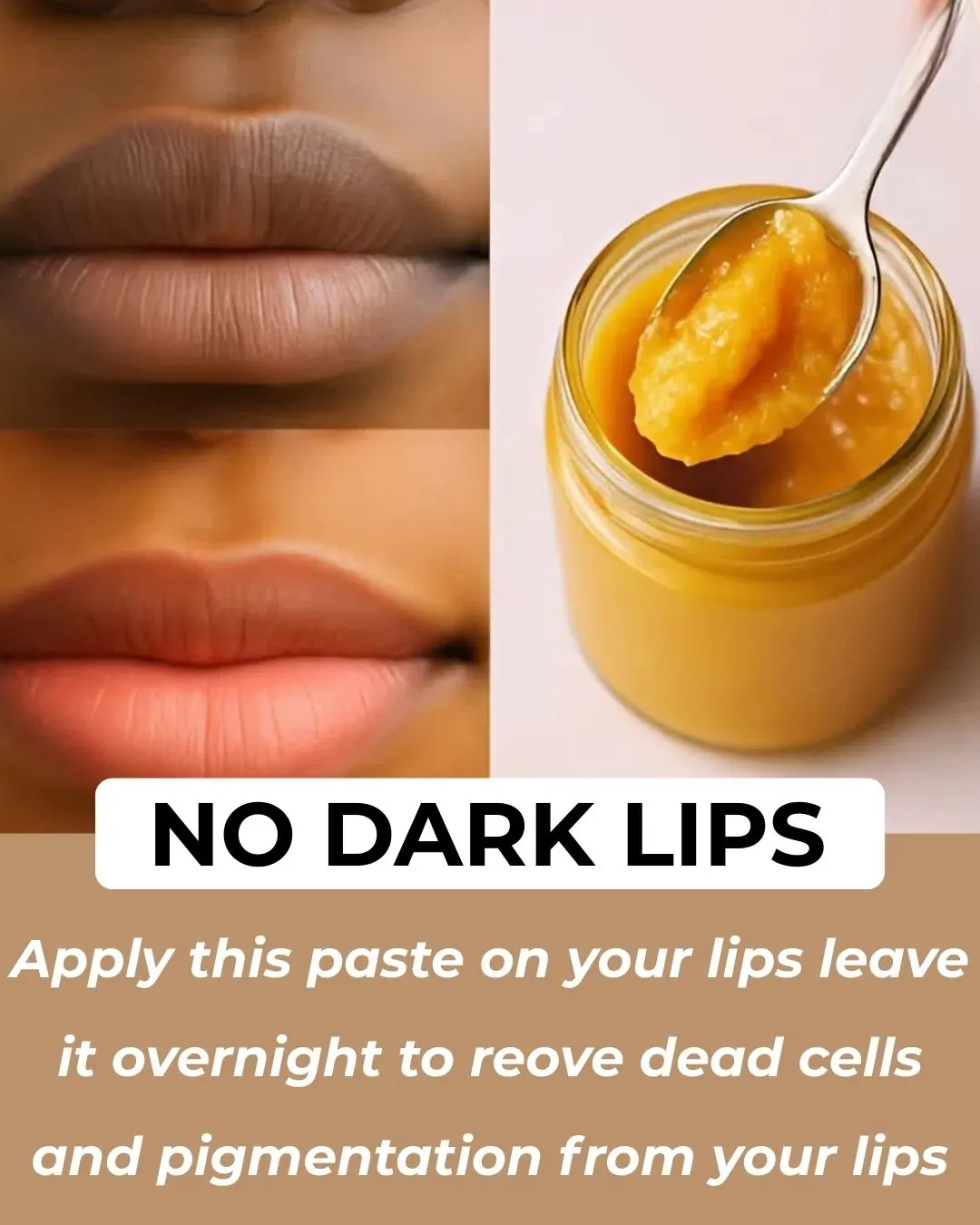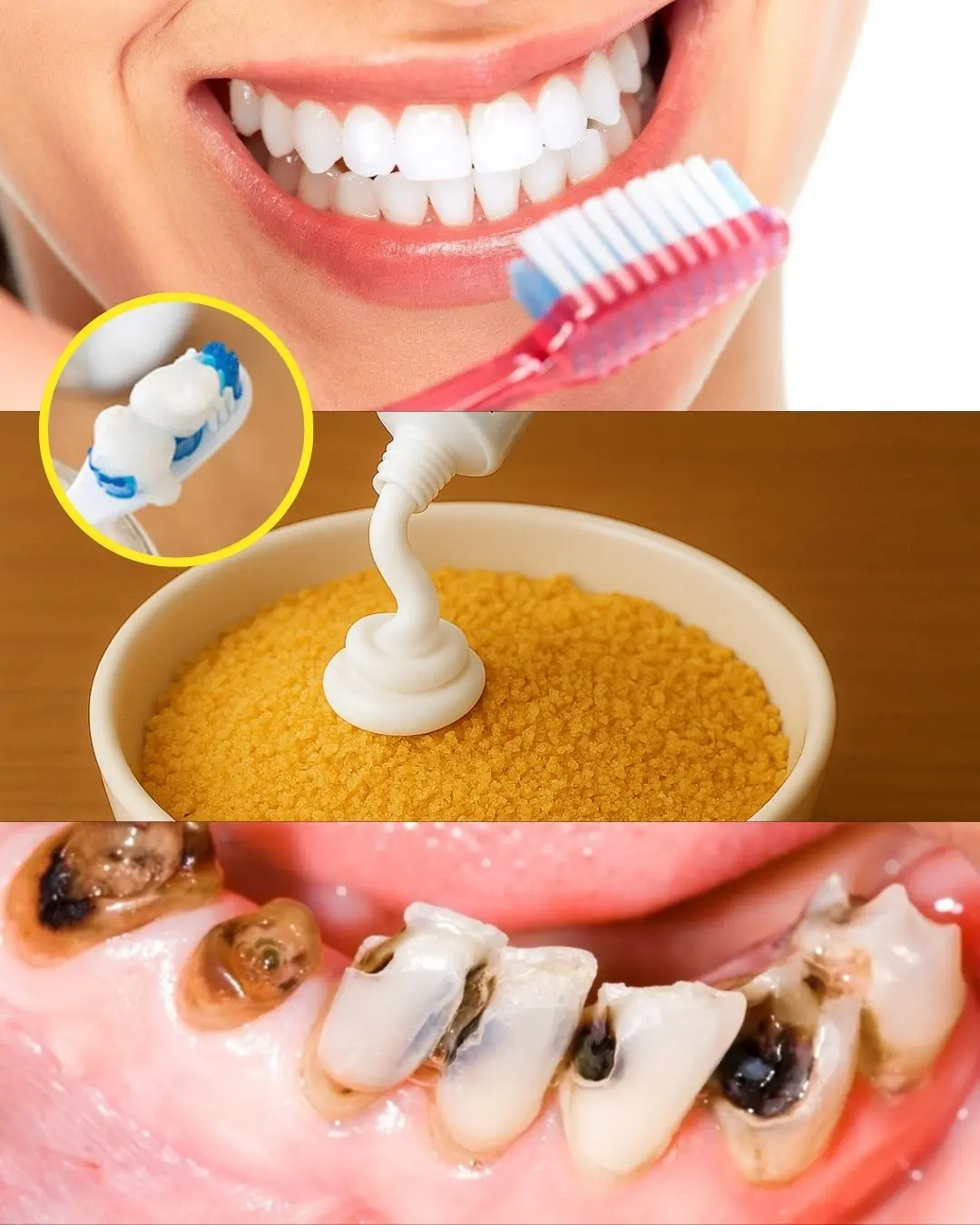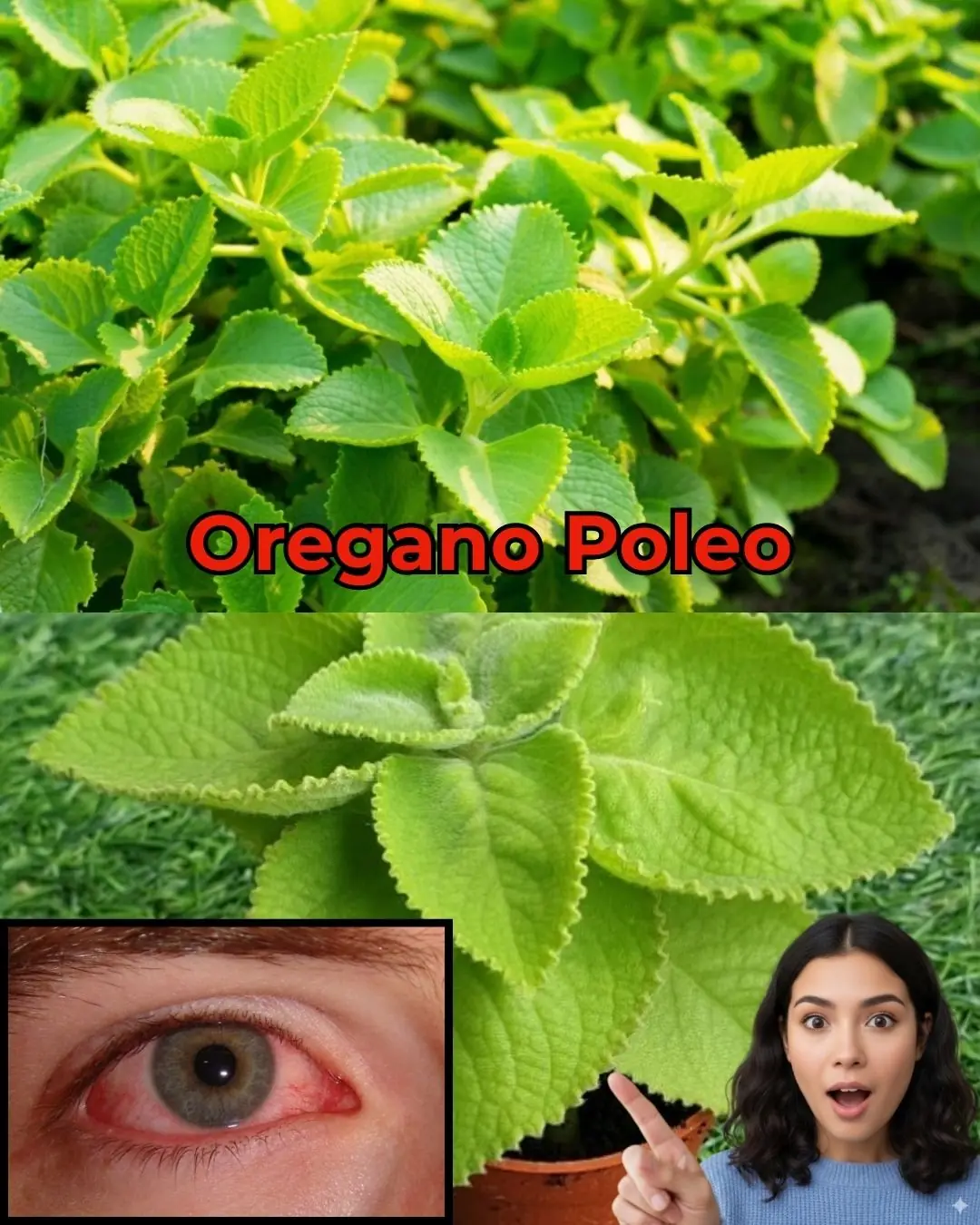Beetroot juice isn’t just a vibrant superfood—it may hold the key to naturally lowering blood pressure, especially for older adults. A new study shows how the nitrates in this root vegetable can transform cardiovascular health and reshape the body’s
A groundbreaking study from the University of Exeter in England has uncovered that drinking beetroot juice on a regular basis may significantly reduce blood pressure in adults over 60. While beetroot has long been praised for being rich in vitamins, minerals, and antioxidants, the research highlights nitrates as the real game-changer. These naturally occurring compounds are converted by the body into nitric oxide, a molecule that helps relax and widen blood vessels, supporting healthy circulation and blood pressure control.
However, the study also revealed an important detail: the body’s ability to make use of dietary nitrate depends strongly on oral health. Poor oral hygiene or microbial imbalances in the mouth may reduce the conversion of nitrate into nitric oxide, limiting the benefits. This finding draws a fascinating connection between oral bacteria and cardiovascular well-being, suggesting that a balanced oral microbiome may be just as important as diet when it comes to heart health.
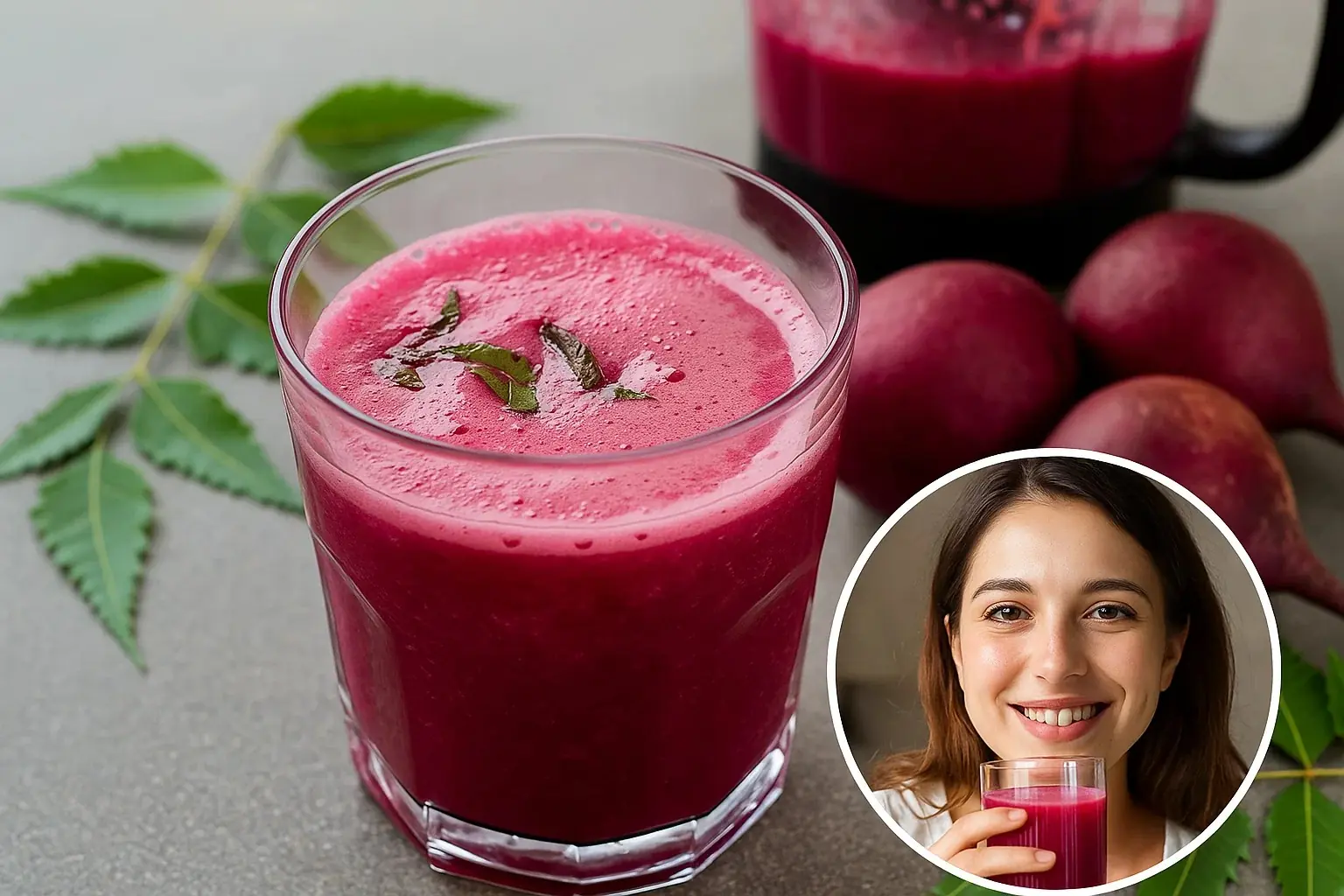
Study Design and Process
The trial was carefully structured as a placebo-controlled, double-blind crossover experiment. It involved 39 younger adults under the age of 30 and 36 older adults between 60 and 70 years old.
Participants consumed a daily dose of nitrate-rich beetroot juice—containing around 750 mg of nitrate—for two weeks. After a two-week break, they switched to a placebo version of the juice with the nitrate removed. In addition, researchers studied participants’ oral microbiomes by sequencing genes before and after the use of antiseptic mouthwash twice a day for two weeks, allowing them to see how oral bacteria shifted alongside the juice intake.
What the Researchers Found
At the beginning of the study, there was little difference in the oral microbiome between younger and older adults. But after two weeks of nitrate-rich juice, clear shifts emerged:
- In older adults, levels of harmful bacteria such as Prevotella decreased. At the same time, beneficial bacteria such as Neisseria became more abundant. This microbial change was strongly linked to higher nitrite levels in the body.
- Blood pressure benefits were significant: older adults, who began the study with slightly elevated average readings of 126/80 mm Hg, experienced a drop of about 7 mm Hg in systolic blood pressure after drinking the nitrate-rich juice.
- Younger adults showed little effect, likely because their blood pressure was already within the healthy range.
- Placebo juice had no impact in either group, confirming that the nitrates were the active factor.
The findings indicate that dietary nitrates work by reshaping the oral microbiome, reducing harmful bacteria, and enhancing the body’s ability to generate nitric oxide. This effect is especially valuable in older adults, since natural nitric oxide production declines with age.
Beyond Beetroot: Other Nitrate-Rich Foods
Although beetroot juice was the focus of this study, other foods may deliver similar benefits. Leafy greens such as spinach, arugula, kale, and fennel, as well as celery, are all naturally high in nitrates. Incorporating these vegetables into the diet could provide a steady source of cardiovascular support, especially for older individuals seeking natural strategies to manage blood pressure.
The Bigger Picture
While this research opens exciting doors, scientists emphasize the need for larger and longer studies to confirm the long-term effects. Still, the evidence strongly suggests that something as simple as adding beetroot juice—or more nitrate-rich vegetables—to the daily diet could help support heart health, lower blood pressure, and improve overall well-being.
